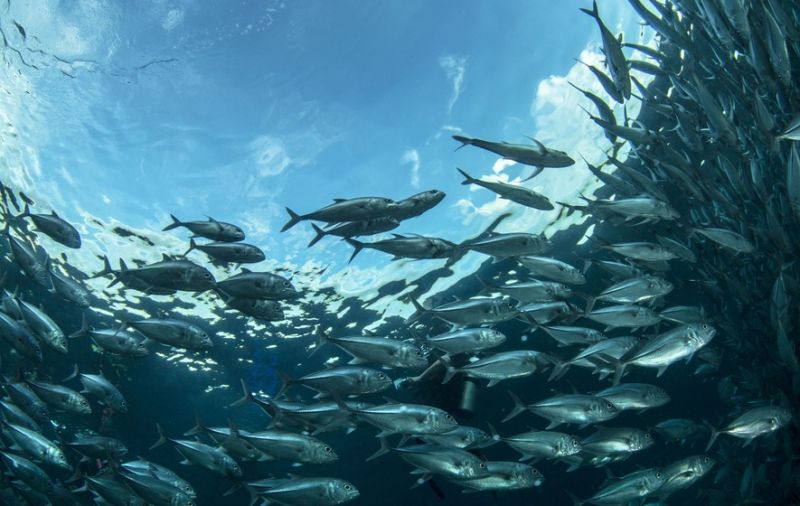Brain Damage and Behavioural Disorders in Fish Induced by Plastic Nanoparticles Delivered through the Food Chain
Published on by Water Guardian Research in Science
Abstract
The tremendous increases in production of plastic materials
has led to an accumulation of plastic pollution worldwide. Many studies have addressed the physical effects of large-sized plastics on organisms, whereas few have focused on plastic nanoparticles, despite their distinct chemical, physical and mechanical properties. Hence our understanding of their effects on ecosystem function, behaviour and metabolism of organisms remains elusive. Here we demonstrate that plastic nanoparticles reduce survival of aquatic zooplankton and penetrate the blood-to-brain barrier in fish and cause behavioural disorders. Hence, for the first time, we uncover direct interactions between plastic nanoparticles and brain tissue, which is the likely mechanism behind the observed behavioural disorders in the top consumer. In a broader perspective, our findings demonstrate that plastic nanoparticles are transferred up through a food chain, enter the brain of the top consumer and affect its behaviour, thereby severely disrupting the function of natural ecosystems.

Scientists say
nanoplastic particles have a more dangerous impact on the aquatic ecosystem than larger ones.
Source: The Irish News
Media
Taxonomy
- Ecotoxicology
- Marine litter
- plastic pollution
- plastic debris
- microplastics
- nanoplastics